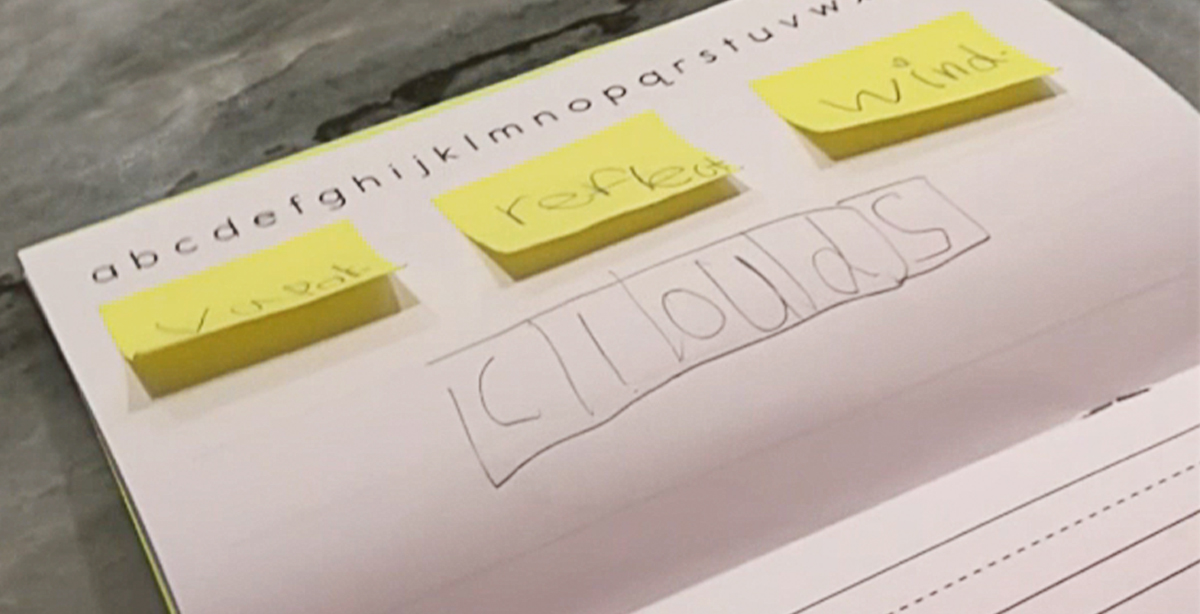Phonics has been in the news a lot lately. It’s very important that we teach phonics. I don’t think any teacher disputes this! But phonics is not a goal in and of itself. We teach students phonics—or how words work—so they will learn how to decode unknown words while reading and how to encode unknown words while writing.
I learned so much about phonics and the importance of teaching students decoding skills when I was a Reading Recovery Teacher Leader. I also learned how important it is to be able to teach students how to apply these new decoding skills to authentic reading and writing situations. This intervention program has results unmatched by any other. In a Reading Recovery lesson, students read several books, write a story, and are given a brief, highly targeted “phonics” lesson. Throughout their lesson, students are instructed how to immediately apply the phonics skills they have been taught to real-life situations.
Think about learning how to drive a car. You can study how to apply the brakes and work the steering wheel, but until you have actual real-life experience, you will never become a proficient driver. Learning to read and write requires knowing how to apply skills you are learning to real reading and writing situations.
I am having lots of fun watching my grandson Jaxson learn to read and write. Let’s look at how Jaxson works out solving the new word ditch. He breaks the word into parts but doesn’t quite have it. He then checks the picture and tries again. When he uses a combination of the sounds and the context, he is able to solve the word!
Next, let’s look at Jaxson solving how to spell clouds in his writing. First, I help him hear the sounds by using sound boxes. Then, on the next page, he is able to write the word clouds again, saying the sounds slowly under his breath. (To learn more about sound boxes, read pages 38–39 in The Next Step Forward in Word Study and Phonics, by Jan Richardson and me. Also, here is a link to a video about using sound boxes.)
Both these examples illustrate how important it is for students to learn how to apply what they are learning in phonics to real-life reading and writing experiences!

